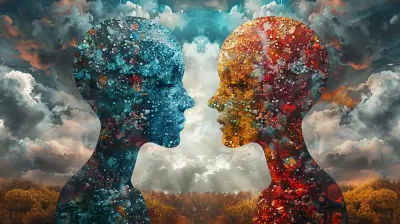The Evolutionary Roots of Cooperation and Competition in Human Behavior
2 August 2025
Ever wondered why we’re so drawn to working together—but still feel that undeniable urge to win or get ahead? It’s like we humans have two gears: help someone out, yet still want to be better than them. Sounds contradictory, right? But actually, it makes perfect sense when you zoom out and look at our evolutionary journey.
Let’s dive deep into the roots of cooperation and competition in human behavior. Trust me, it’s a fascinating ride through biology, psychology, and a bit of anthropology sprinkled on top. And by the end? You’ll have a new appreciation for both your inner team player and your not-so-subtle competitive streak.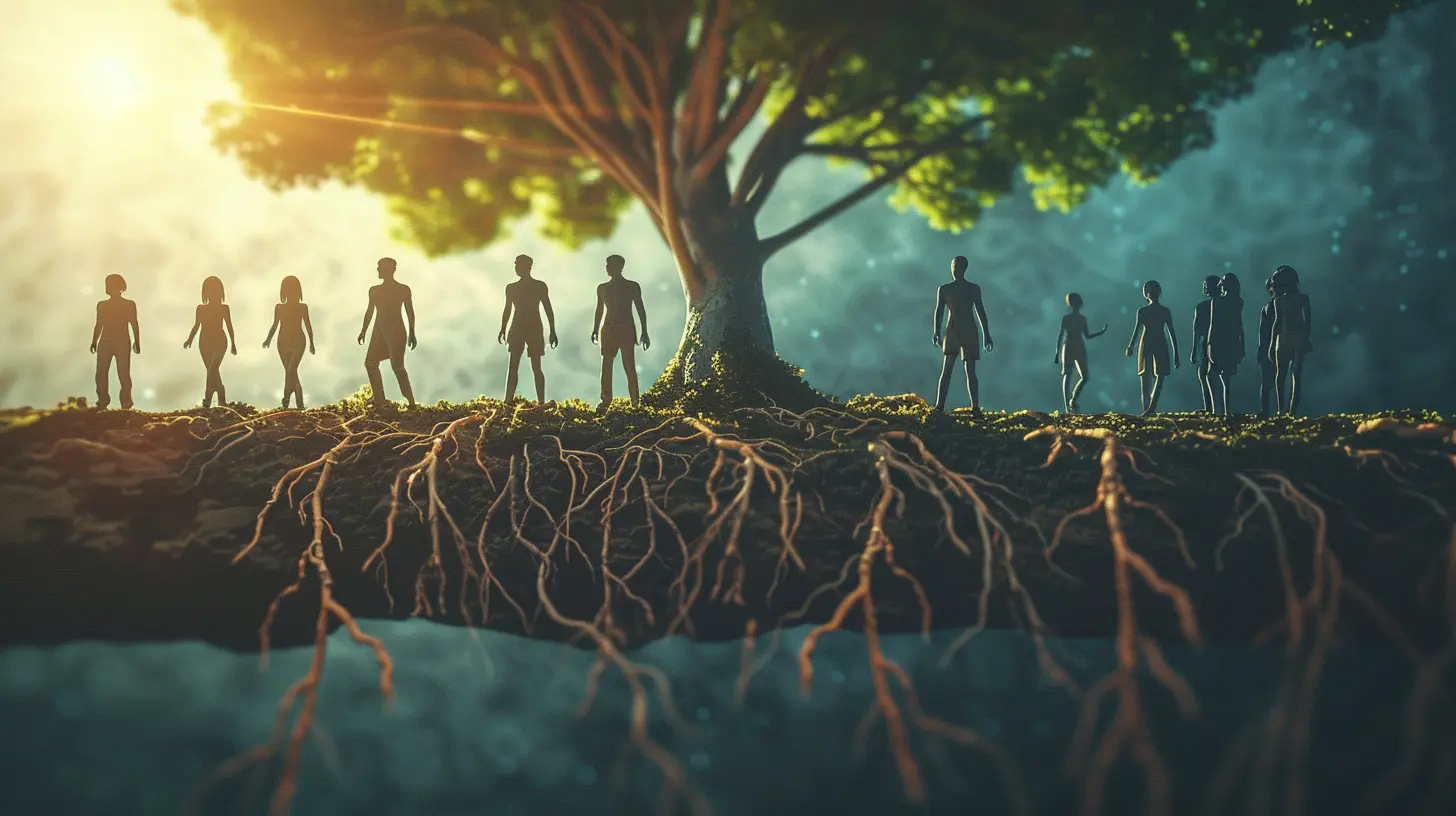
Why Are We Wired for Both Cooperation and Competition?
Before we look at the “why,” think about this: every day, we do things that require both cooperation and competition. We cheer for our coworkers’ success, but still want that promotion. We share meals with others, yet we rush to grab the biggest slice of pizza. Seems weird, but this duality is more than just modern life confusion—it’s in our DNA.Humans didn’t evolve alone in laboratories. Our ancestors thrived in tribes. Surviving meant leaning on others for safety, food, and emotional support. But at the same time? Resources like mates, shelter, or even social status weren’t unlimited. That’s where competition kicked in.
So yeah, we evolved to be both helpful and competitive. Two sides of the same ancient coin.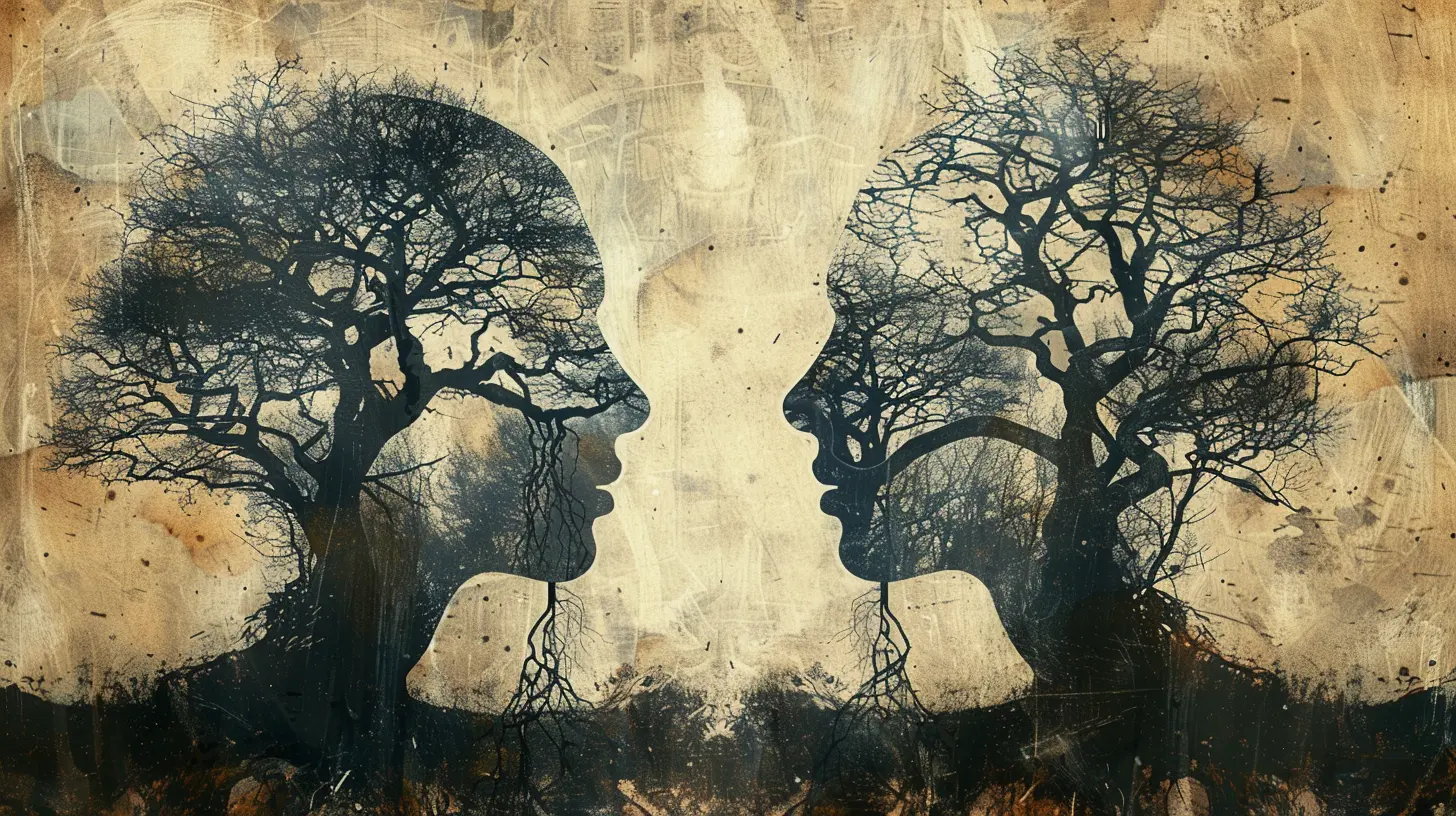
The Evolution of Cooperation: Why We Need Each Other
1. We Survive Better Together
Imagine being alone in the wild, trying to hunt, gather food, take care of kids, defend against predators, build shelter, and somehow not die from boredom or loneliness. Not easy, huh?That’s why early humans started to form groups and tribes. By cooperating, they could divide tasks, share food, and offer protection. Need a real-world example? Think of wolves hunting in packs—one wolf is tough, but a pack is lethal. Same principle applies to humans.
2. Reciprocity: The Original “You Scratch My Back”
One major driver of cooperation? Reciprocity. If I help you today, you’ll help me tomorrow. No contracts needed—just mutual understanding. This kind of behavior helped build trust and long-term relationships, which were pure gold in prehistoric times.Scientists even have a name for it: “reciprocal altruism.” And it's not just in humans—vampire bats do it too. They're known to regurgitate blood to other bats that had a failed hunt. Creepy? Maybe. Cooperative? Definitely.
3. Empathy and Mirror Neurons: Feeling What Others Feel
Here’s something cool—our brains are literally wired to care. Ever heard of mirror neurons? These little guys fire not only when you perform an action but also when you watch someone else do it. So when someone else stubs their toe, and you cringe? That’s mirror neurons doing their thing.Empathy helps us connect with others emotionally, making cooperation more likely and more meaningful. It’s why you stop to help a stranger in trouble or feel sad during those ASPCA commercials with the sad music.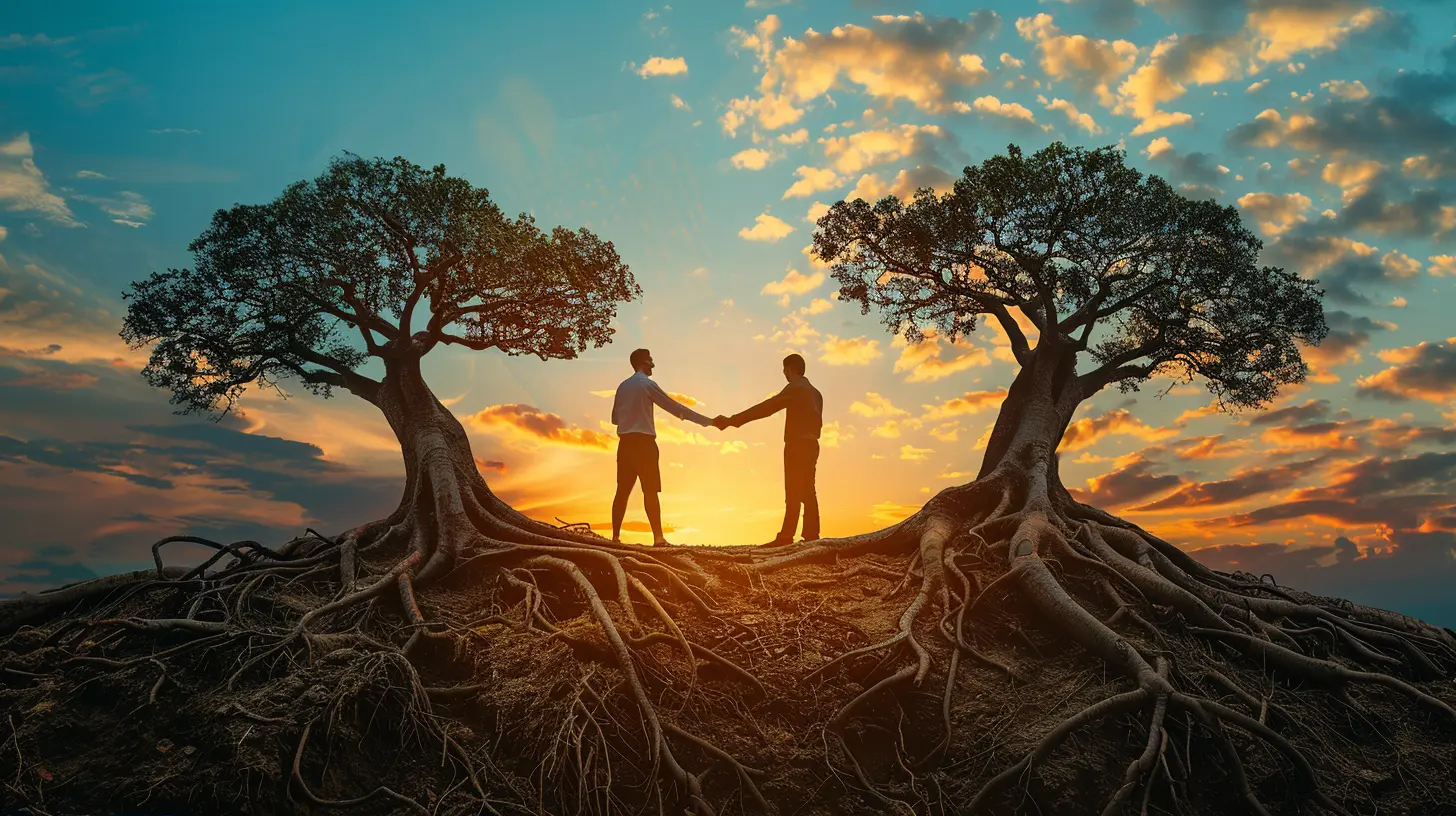
The Evolution of Competition: Survival of the Fittest Still Applies
1. Resources Were (and Still Are) Limited
Let’s be real—there were only so many fruit-bearing trees, safe caves, and eligible partners to go around. So even if tribes helped each other survive, individuals often had to compete for the best stuff.That’s where Darwin’s “survival of the fittest” comes into play. Not necessarily the strongest, but the most adaptable, clever, and yes—competitive—had a better shot at passing on their genes.
2. Status and Mating: It’s About Attraction, Not Just Survival
We love to pretend we’ve evolved past this, but social status still plays a big role in dating, careers, and friendships. Why? Because high status often translated to better mating options and more resources. So if you were the best hunter or the wisest elder, you were considered prime relationship material.Even today, people flex their cars, bank accounts, or social media followings. Different times, same primal instincts.
3. Sibling Competition: It Starts Early
Ever feel like your sibling was your first rival? That’s not a coincidence. Evolutionary psychologists suggest that sibling rivalry is deeply rooted in the fight for parental attention and resources. In large families, being “the best” sometimes meant receiving more care and better chances of survival.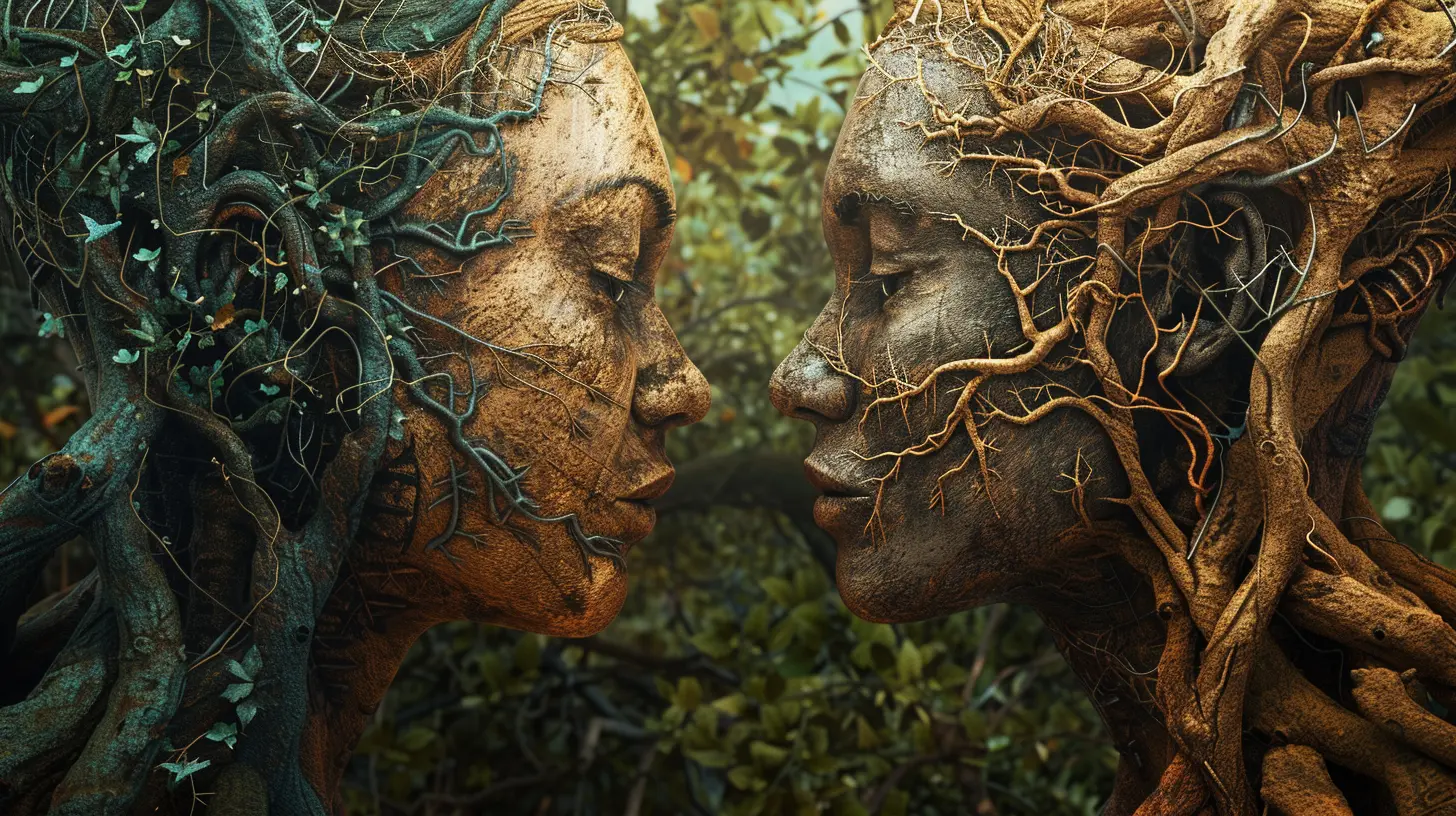
The Balancing Act: When to Compete, When to Cooperate?
So how do we know when to be team players and when to push ahead solo? Great question—and the answer lies in context.1. Group Goals vs. Individual Gains
If the group’s success means everyone wins, cooperation makes sense. Think of a sports team—if everyone plays well together, the whole team benefits. But the moment individual rewards are at stake—like MVP awards or promotions—competition flares up.2. Trust and Social Norms
We’re more likely to cooperate when we trust the other person and expect future interactions. It’s why people behave better in small towns than in anonymous big cities. Less chance of ghosting someone when you know you’ll see them at the grocery store.Social norms and laws also keep our competitive behaviors in check. Cheating in a game? Frowned upon. Pushing a coworker under the bus? Same deal. Society rewards fair play and punishes selfishness—most of the time, at least.
3. Reputation: The Social Currency
Let’s talk reputation. In early human tribes, being labeled as generous or trustworthy boosted your value in the group. Same goes for today. People want to work with, hire, and be around those who are reliable and fair.But reputation isn’t just about cooperation—it can also be tied to being assertive, ambitious, or a leader. So both cooperative and competitive traits can boost your social currency in different contexts.
The Modern Twist: How Technology Messes With (or Enhances) Our Instincts
Fast forward to today, and things have gotten a lot weirder. Social media, remote work, online dating—all of it throws our ancient instincts into a digital blender.1. Online Cooperation: Global Tribes and Digital Kindness
Think about open-source projects, crowdfunding, or even online communities that rally behind a cause. That’s cooperation on a scale our ancestors couldn’t even dream of. Technology lets us connect and help people thousands of miles away—and we do, more than ever.2. Online Competition: Likes, Followers, and Clout
But let’s not kid ourselves—social media is a breeding ground for competition. Comparing vacations, outfits, success stories—it’s like a 24/7 contest. And often, we don’t even realize it’s draining our mental health. We're wired to compete, but when the “game” never ends, it can be exhausting.So, Are We Doomed to Eternal Inner Conflict?
Not at all. In fact, that tension between cooperation and competition might be what makes us so uniquely human.Think about this: some of the greatest achievements in history—whether building civilizations or creating technology—required teamwork fueled by a bit of healthy rivalry. The key is recognizing when each instinct serves us best.
Do we always get the balance right? Nope. But as long as we stay aware of the forces at play, we can make choices that bring out the best in ourselves—and in others.
Final Thoughts: Embrace the Duality
Let’s stop seeing cooperation and competition as opposites. They’re more like dance partners—taking turns leading, depending on the music. Evolution gifted us both for a reason. The challenge? Learning when to turn each one up or down.So next time you find yourself torn between helping a teammate and chasing personal glory, remember: you're just doing what humans have always done—navigating the beautiful, messy dance of cooperation and competition.
all images in this post were generated using AI tools
Category:
Social PsychologyAuthor:

Jenna Richardson
Discussion
rate this article
1 comments
Wren Ramirez
This article offers valuable insights into the complex balance of cooperation and competition.
August 24, 2025 at 5:06 AM

Jenna Richardson
Thank you! I'm glad you found the insights valuable. Understanding this balance is crucial for grasping human behavior's evolution.


